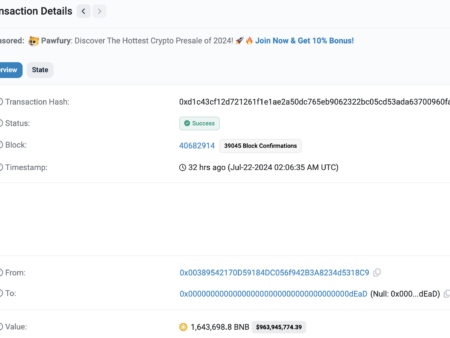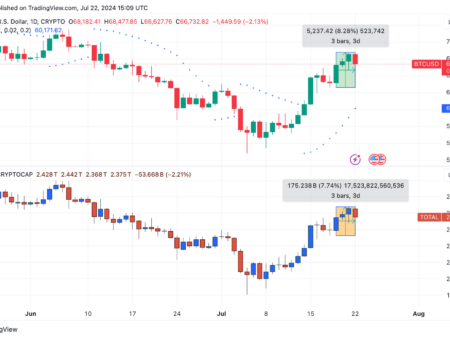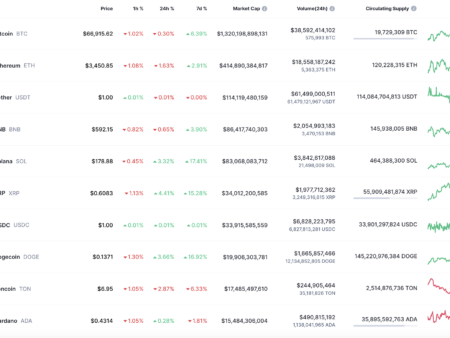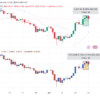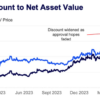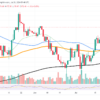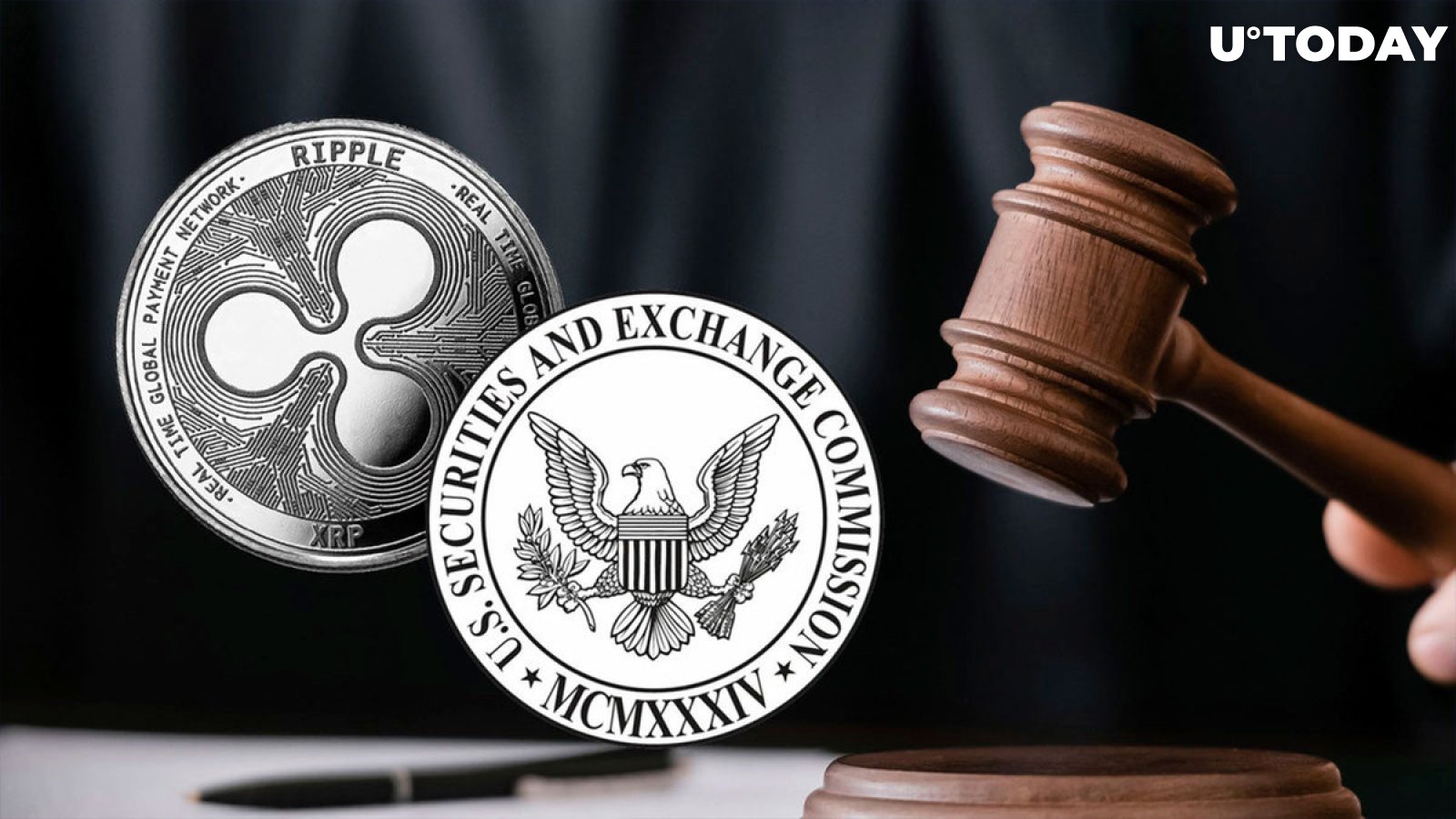
The US Securities and Exchange Commission has required various forms of relief, including injunctive relief, disgorgement of benefits, and civil penalties.
The US Securities and Exchange Commission has required various forms of relief, including injunctive relief, disgorgement of benefits, and civil penalties.
They argue that such actions are necessary to deter Ripple and others from committing similar violations in the future.
Furthermore, this would offset the damage caused to investors and markets. “To deter Ripple and others from further violations of the securities laws, to deprive Ripple of its ill-gotten gains, and in recognition of the harm caused to the markets, the SEC asks this Court to issue a final ruling providing for relief established. above and here,” the SEC said.
The SEC has outlined several factors supporting the imposition of injunctions and sanctions. These include Ripple’s history of violations, the reckless nature of his conduct, and the fact that his violations were not isolated incidents. According to the feared regulator, these factors collectively justify the need for regulatory action.
The SEC advocates for the return of Ripple’s profits made from illegal XRP sales. They maintain that Ripple should not profit from its irregularities. “Ripple received nearly $1 billion for its illegal sales of XRP through contracts that the Court determined violated Section 5,” the SEC noted.
At the same time, a significant civil penalty against Ripple would serve as a deterrent to both the company and others in the industry.
Ripple’s response
As reported by Guru-InvestingStuart Alderoty, Ripple’s lead lawyer. Alderoty criticized the SEC for its alleged intention to punish and intimidate Ripple and the cryptocurrency industry.
Ripple CEO Brad Garlinghouse also condemned what he sees as regulatory overreach. He has pointed to alleged misconduct by the SEC under the leadership of Gary Gensler.
It is worth noting that Ripple plans to submit its response in April.
